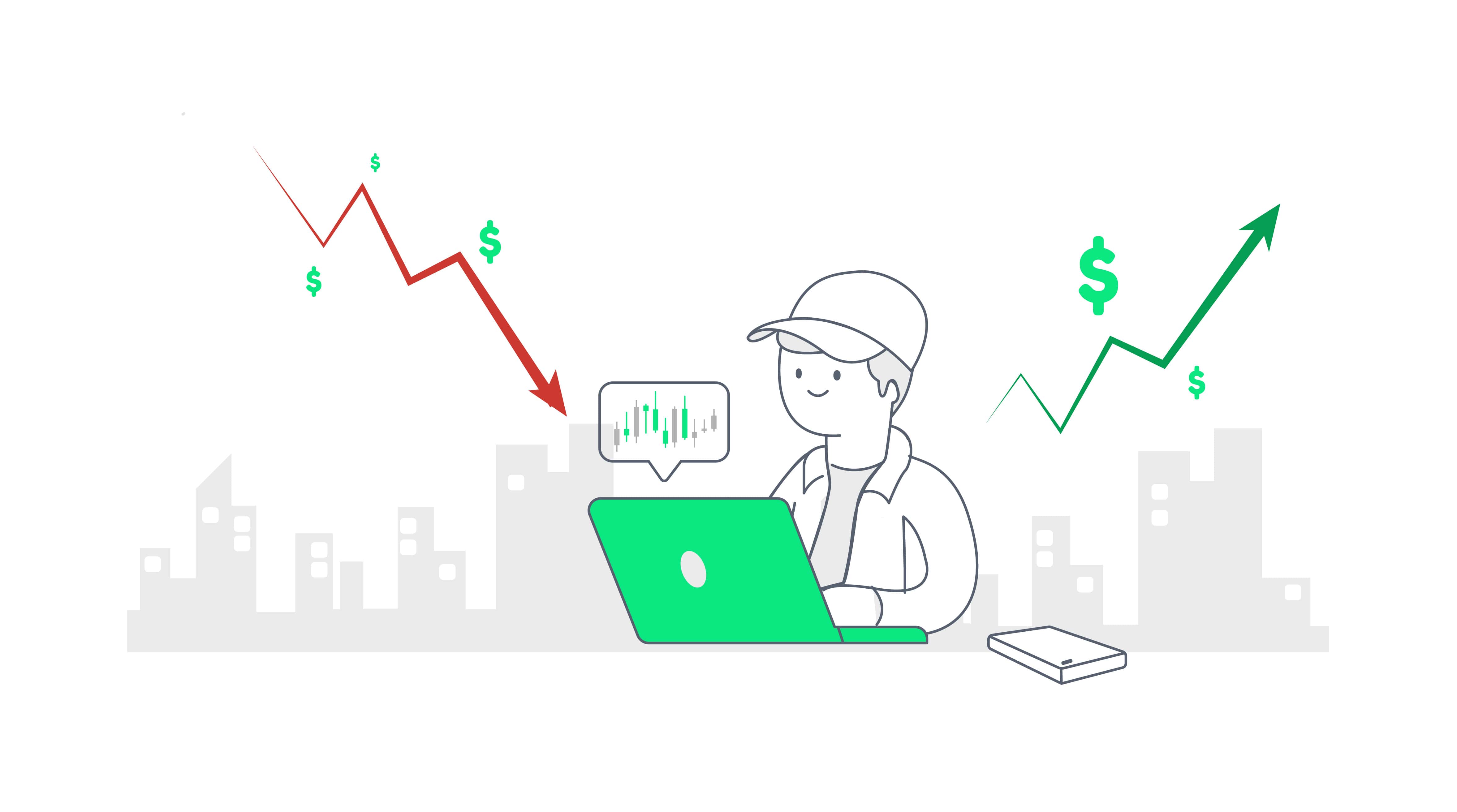What is Trading Psychology?
Trading psychology is the study of how a trader makes money and deals with losses. It shows how well they can deal with risks and stay on track with their trading plan. When you invest, your emotions will try to control every transaction you make, and your ability to control your emotions is a part of your trading psychology.
Trading psychology is the study of how your emotions and mental state affect how well you do in trading securities. It is impossible not to feel anything when trading, but that shouldn't be the goal. Instead, traders should learn how certain biases or emotions can affect their trading and use this knowledge to their advantage. Every trader is different, and there is no simple set of rules that everyone should follow.
The fundamentals of trading psychology
Fear and greed are strong feelings that can control a trader's thoughts for their whole trading career. The goal is to learn how to control these feelings and think like a winner.
A trader can build a strong trading psychology and keep their discipline in a number of ways. You can also make a trading plan and read books written by trading psychologists and expert investors. Having a trading plan will help you stick to a good routine and keep you from losing focus or being afraid of losing money.
When you first start trading, it's easy for your emotions to get out of hand. When the price of an asset changes quickly, a trader might worry that they are missing out. This is especially true for traders who are just starting out, and it is a constant feeling that will come up often. Other feelings to deal with are greed, fear of losing money, and the mental strength to move on from mistakes. Last but not least, learning how to handle risks is one of the most important parts of developing a trading mindset.
|
👉 Top THREE Award-Winning Brokers in 2022 👈 |
Sometimes, traders have to make decisions quickly. Even if you stick to your trading plan, there may be times when you have to make a decision quickly. But if you have a good trading strategy and plan, it will help you control your emotions and make sure you don't make too many hasty decisions because of them.
Greed is another big obstacle that many traders have to get past. The goal of trading is to make money or, more simply, to make a profit. But you have to be in the right frame of mind. Set yourself a goal, like a certain percentage return per month, and work towards it. Don't let greed control what you do.
Always doing psychology is a good way to work on your trading mindset. The market is always changing, so you may need to change your plan from time to time. You may also find that you have changed as a trader, which is another good reason to keep a trading journal.
|
👉 Keep Pushing Your Profitable Trading With 👈 |
The fear of missing out, or FOMO, is the worry that you will miss out on a big chance. If other traders tell you how much money they've made by buying and holding Bitcoin, you might be tempted to just jump on the bandwagon because you don't want to keep missing out. This is not the way to do things.
There will always be opportunities in the market, but you shouldn't trade just because you don't want to miss out on a possible profit. Instead, you should trade based on your trading plan.
In conclusion, to trade in the financial markets successfully, you need to have a lot of skills. They include being able to look at the basics of a company and figure out the direction of a stock's trend. But the trader's mind is more important than any of these technical skills.
Trading psychology is made up of things like keeping your emotions in check, thinking quickly and being disciplined.
















